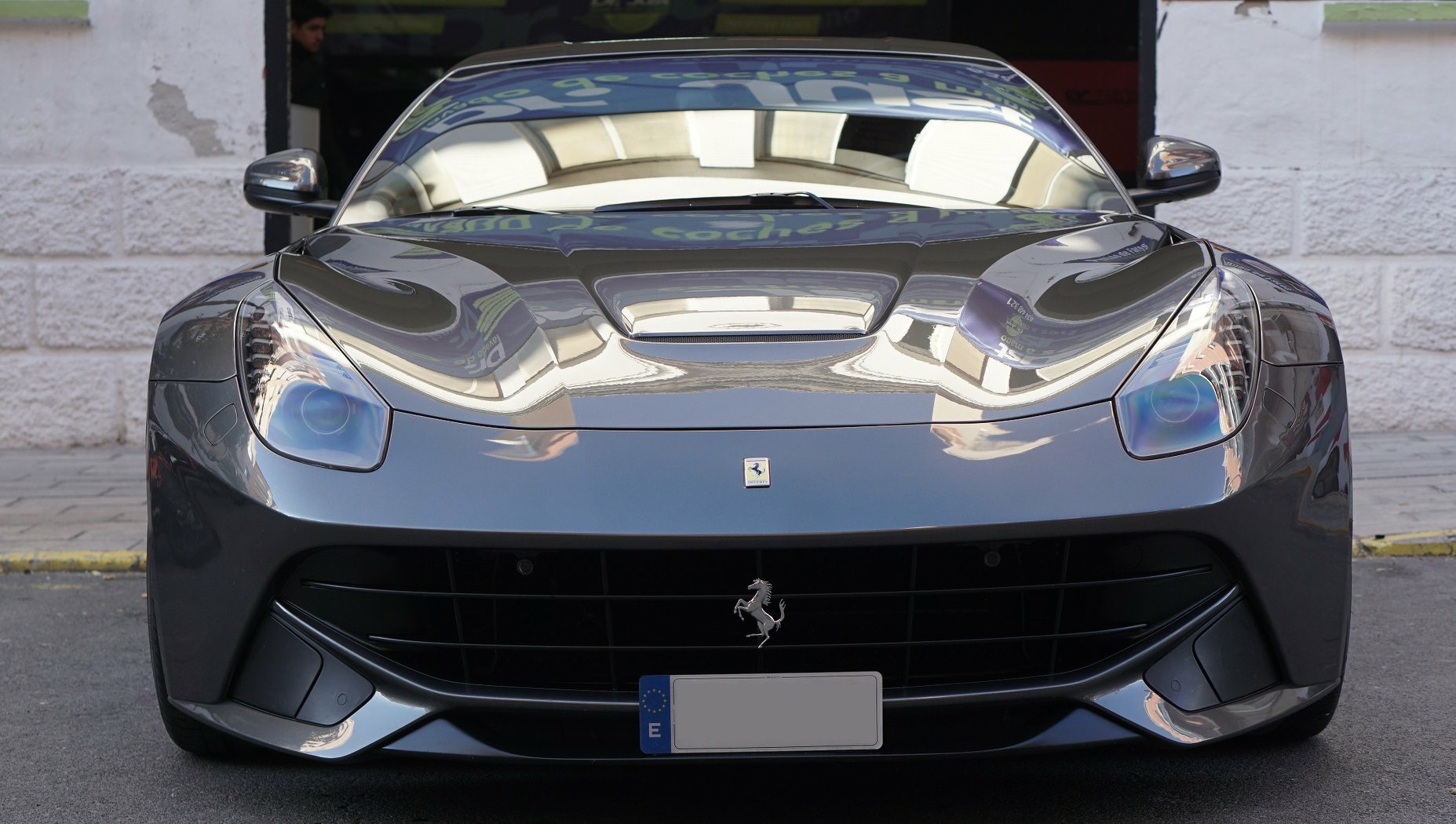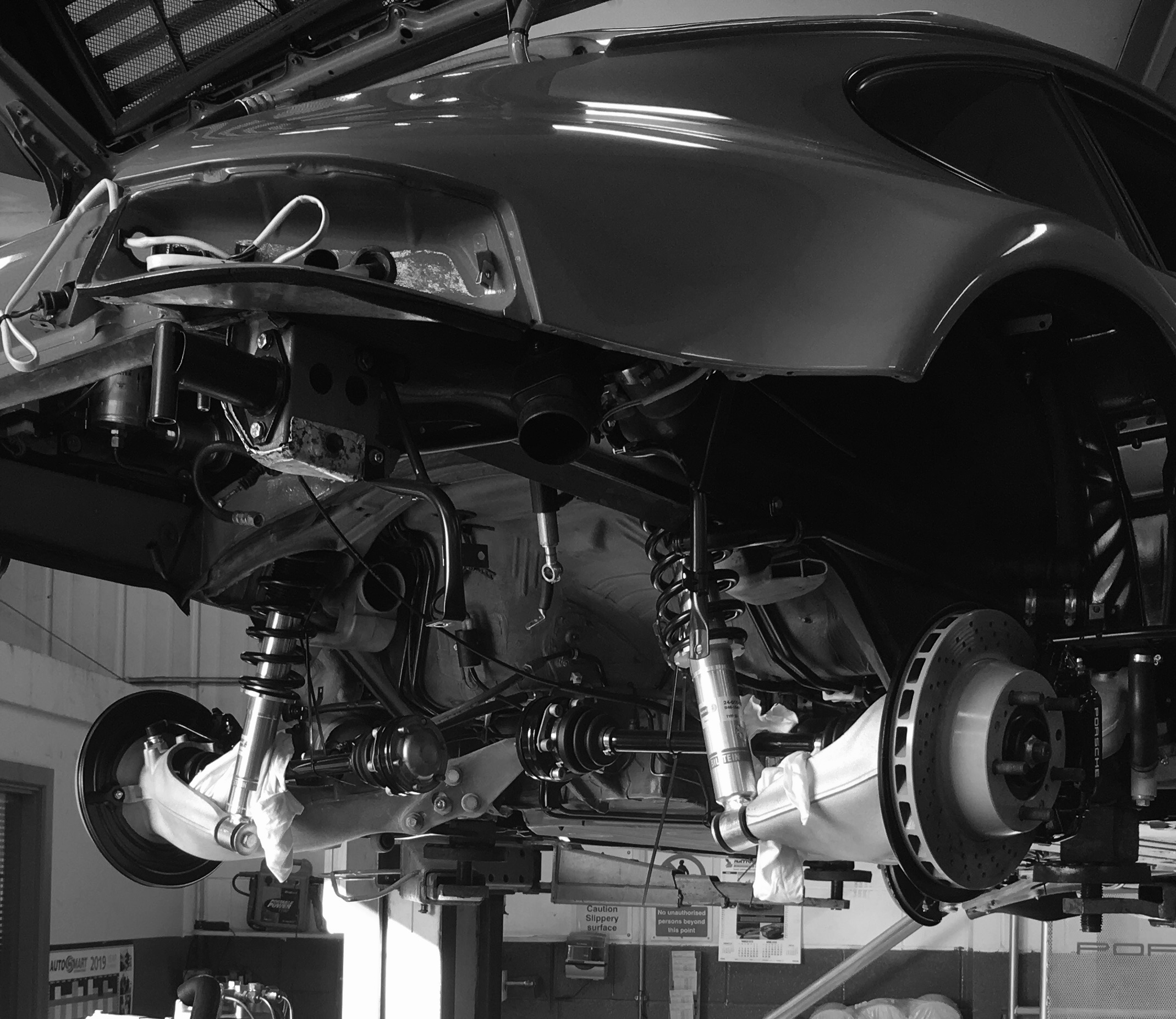
CALL: 07842 243536
Porsche: German Supercar Repair Specialist.
"IMS Bearing Failure".
Caused by: Corrosion of the seal itself leading to metallic pieces found within the oil and filter.
Usually occurs when the bearing has not received sufficient lubrication, sometimes age-related too. Commonly found on Porsche Boxster, Cayman or 911 from the years 1997 to 2008.
It can be difficult to notice any symptoms as it's only noticed when the failure becomes severe. However, it's possible to help identify by checking the oil, or simply by having the vehicle checked over by a technician every year to keep tabs on it.

We can talk over a basic brief on the phone should you be looking for more than an annual service.
For annual or major service please contact us for availability.
Contact Us

BOSCH MECHANICAL FUEL INJECTION FAILURE:
Air-cooled design engine, which is highly reliable, but this is a common fault with some cars especially the older models, age related. All, pre 2000 Air-cooled Porsche vehicles were fitted with the rear mounted horizontal engine and suffered with this issue. Something to replace as part of maintenance.
OIL SEPERATOR:
The Oil separator is known to fail and requires replacing on the Porsche Boxster (986), 911 (996) as it collects excess oil, especially when stored away. When this happens, the vehicle will smoke when starting up, so it's possible for an owner to quickly identify this potential issue.
SYMPTOM: OIL LEAK BETWEEN ENGINE & TRANSMISSION:
Potentially destructive and expensive if not addressed. Vehicles stored are known to develop this type of leak. The main seal on a Porsche engine, which appears through the bell housing joint at the Centre of the engine and transmission joint, erodes over time
The vehicle must be driven as it needs the heat to prevent leakage.
Replacing this seal is costly as the entire transmission has to be removed.
PORSCHE BRAKE REPLACEMENT (DISC & PADS):
Porsche is recognized to have one of the best most durable braking systems ever made.
-The Porsche Ceramic Composite Brakes (PCCB)
-The Porsche Surface Coated Brakes, (PSCB).
These are generally extremely robust and last for many years, even when a vehicle has been stored away for many months without being driven. However, like all vehicles - these must be replaced at some point. The older the vehicle the more likely the system will need maintenance, especially as the older 993/996 models usually have, 100k+ mileage.
Maintenance and lubrication can help prolong replacement.
SERVICE MY HIGH MILEAGE PORSCHE:
Many older cars have high mileage due to usage, naturally. The 911's are some of the best, most commonly driven supercars today. Many have exceeded 140k miles and almost drive better than new. However, they do require regular oil and fluid (checks), spark plug replacements, and adjustments to the cambelts.
This to ensure smoothness and optimization when driving.
Also, if these vehicles are stored for a long period of time, old fluids may clog up entirely. Reliability in general is very high with Porsche, however, repairs through lack of basic maintenance can be costly.
911 Turbo (Manual) Heavy Clutch Pedal:
A common issue on earlier 911 Turbo's with manual transmission. Regular service and adjustments are better than replacing the worn/faulty parts. Usually, an owner can identify this problem when they first start-up the vehicle - the clutch pedal feel is heavy.
The issue may not be the clutch itself. But the pressure accumulator unit uses hydraulic pressure for operation (where the unit retains this pressure), after the engine has stopped - sometimes this can leak requiring a replacement.
Porsche Worn Out Transmission Cables:
If an owner notices sloppy gear changes, or the gear refuses to come out of gear - hopefully, it's only an adjustment needed with the two transmission cables.
Also, the small connectors can erode over time and the cables simply stretch.
Often, owners decide to upgrade these cables and connectors to a more durable component, as a complete failure may cause serious gearbox, and even engine damage.
FAULT WITH CLUTCH SLAVE CYLINDER:
When maintaining/replacing the above - it's common practice to also replace the slave cylinder at the same time. Usually, because the life cycle of this part is shortened too, therefore saving the time (and money) in taking apart and rebuilding the entire unit again.
997 Cylinder Lining Fracture:
An exploding coolant hose is rare but could happen without any prior notice. And these do wear down over time. A vehicle may lose a coolant hose without any prior rises in temperature (no warning). Simple to maintain as part of the servicing - however left untreated may cause a wider, deeper concern.
The hose is connected to the front radiator and cools everything down within the engine bay. Failure of this, simple hose may course overheating of the engine. The engine warning light should come on - but the vehicle would also be no longer drivable, meaning an expensive recovery trip to be added to the repair.
The added risk at the garage is their time to check over the engine (not huge), but the potential damage caused to the engine could be an expensive one.
Bonnet or Boot-lid Malfunction:
Older Porsche models are known to have symptoms of failing bonnet/lid lifts. The hydraulic strut system simply wears out over time. It's common, but mostly an annoying issue for vehicle owners.
A fairly straight forward replacement ideally with better than manufacturer grade quality.